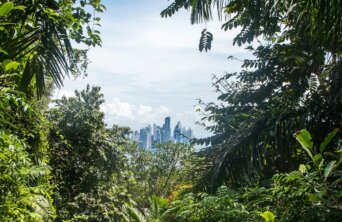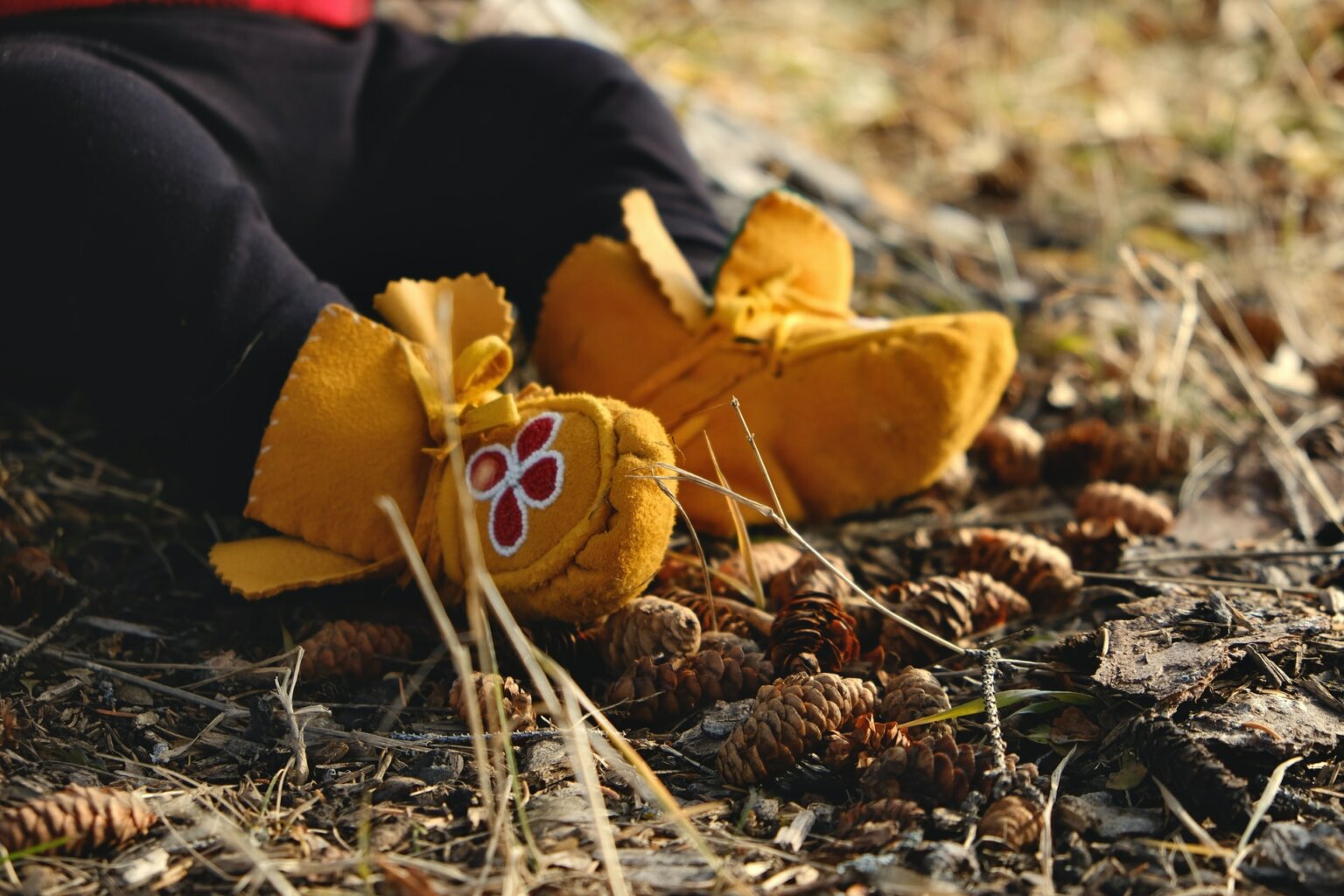- About
- Topics
- Picks
- Audio
- Story
- In-Depth
- Opinion
- News
- Donate
-
Signup for our newsletterOur Editors' Best Picks.Send
Read, Debate: Engage.
| topic: | Indigenous people |
|---|---|
| located: | Brazil |
| editor: | Ellen Nemitz |
The Observatory of Isolated and Recently Contacted Indigenous Peoples (Opi) has launched Mopi, a geospatial tool to monitor isolated indigenous peoples in the Brazilian Amazon. The tool aims to protect the populations who live purposefully detached from modern society but suffer the consequences of deforestation, mining and land invasion.
Opi was founded in 2020 by the indigenist Bruno Pereira, who was murdered along with English journalist Dom Phillips by land invaders and environmental criminals in June 2022 in the Javari Valley region. Pereira's death horrified the world, particularly the region's indigenous populations, with whom he had a profound relationship.
In partnership with the Coordination of Indigenous Organisations of the Brazilian Amazon (COIAB) and Native Amazon Operation (OPAN), Opi's platform launch is a tribute to Pereira.
According to the organisation, the new tool utilises public geospatial data and Opi surveys to analyse the groups' living conditions and territories across seven parameters: territory, ventures, environment, invasions, governance and health.
Isolated indigenous peoples typically live in the Amazon region but can also be found in the Cerrado biome, close to the Chapada dos Veadeiros National Park. They are identified through evidence collected by specialists, such as the remains of pottery and hunts or clearings. These populations must flee and move frequently to preserve their lives from attacks by illegal miners and loggers who invade their lands.
"The locations of the records appear with the coordinates moved, on purpose, to avoid the exact identification of these peoples' territories due to the risk of attacks against them," explains Opi.
Along with the support of researcher Ana Rorato from the National Institute for Space Research (INPE) and using data from the UN Intergovernmental Panel on Climate Change (IPCC), the Mopi tool also protects isolated indigenous peoples in the context of climate change resilience by providing an overview of the vulnerabilities of isolated indigenous peoples to subsidise public protection policies.
There are 115 identified groups, one unrecognised by Bolsonaro's former government, which implemented policies detrimental to indigenous peoples.
"It is common in planning, implementing and evaluating public policies for indigenous peoples to be blamed for their vulnerability." Said Opi. "Isolated peoples are not vulnerable; they are subject to contexts of vulnerability," adds the institution.
Image by Ronald Kötz.

